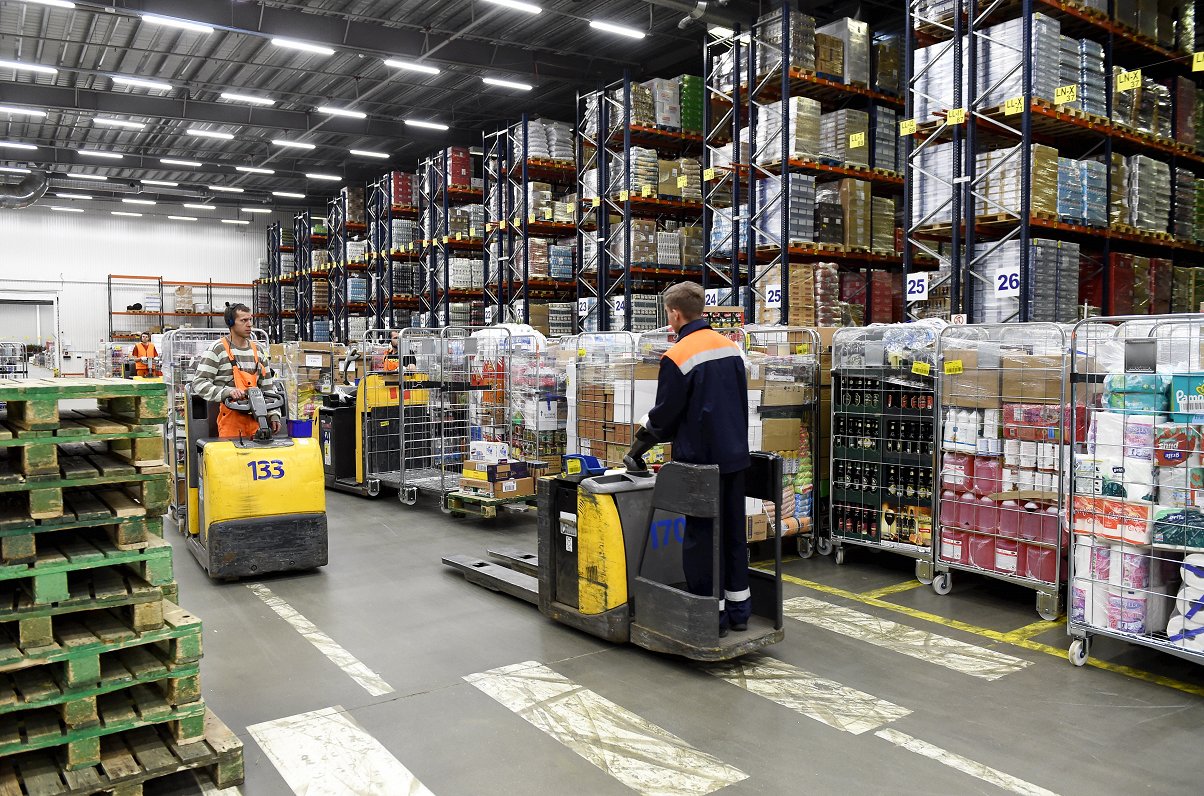In 2017, compared to 2016, retail sales grew 4.2% in Latvia. People bought 3.9% more food products; a whopping 5.1% more non-food products, except fuel; and 2.9% more fuel, according to data by the Central Statistics Office.
While retail sales have grown steadily, the starting point was quite low in 2016, especially the first quarter. Some sectors have posted varying results.
People are buying a lot more consumer electronics
Sales for some categories of goods have seen double-digit growth. This includes consumer electronics (21.1%); goods meant for culture and recreation (12.3%); and sales of hardware, paints and glass.
Dana Andrejeva, the head of corporate relations at Swedbank, sheds some light on the statistics.
According to her, electronics sales were boosted by the practice of telecoms, like Latvijas Mobilais telefons (LMT) and Bite, in marketing state-of-the art gadgets to their numerous clients.
Indeed, selling phones and gadgets to clients is a big part of the telecoms income. Data for 2016 (the most recent available) say that out of LMT's turnover of €190 million, €63 million were was income coming largely from selling electronics. Similarly, out of Bite's €79 million turnover, €22 million came from selling phones.
Companies like Lattelecom and Tele 2 are posting similar results.
Construction boom
Meanwhile the boom in the retail sales of construction goods was expected after an unimpressive year in 2016. It is closely related to the availability of EU funds, and construction grew 20% last year.
Andrejeva says retail sales of construction materials were also driven by Latvians' growing purchasing power. Experts say the average gross monthly wage will exceed €1,000 this year.
Let me entertain you
Meanwhile the increase in sales related to culture and recreation was driven by companies selling sports gear and games. New stores were opened throughout 2016 and 2017, and two stores of the British SportsDirect chain were opened in Riga.
Some sectors saw drop in sales
Sales of pharmaceutical and medical goods decreased 2.7% and sales in stalls or markets dropped sharply by 8%.
The Swedbank expert says the December fall is related to the late onset of influenza this year, as well as a decrease in sales of drugs. The State Medicines Agency says in December 2017 the average resale price for a single case of pharmaceuticals dropped to €8.12 (with VAT) from €8.36 in December 2016.
Online sales can't be tracked well
While retail sales carried out online grew only 1.9%, statistics only encompass the companies that have listed 'online retail sales' as their primary area of work. That's why the data doesn't include online sales of companies like Maxima, as well as the stuff Latvians buy from online stores abroad.
For example, a survey by DPD and Kantar TNS says that 86% of Latvians, who have bought something online, have used foreign online stores. This is the highest indicator in Europe.
Latvians mostly buy stuff from China, but German and British online stores are also popular.
The turnover of Latvia's two biggest online stores, 1a.lv and 220.lv, was respectively €31.5 million and €30.4 million in 2016. That is up from €9.2 million and €7.5 million in 2012.
It is expected retail sales will grow 3 to 4% in 2018.
Andris Vilcmeiers, head of Maxima Latvija, thinks that food sales will grow 5 to 8%.






























